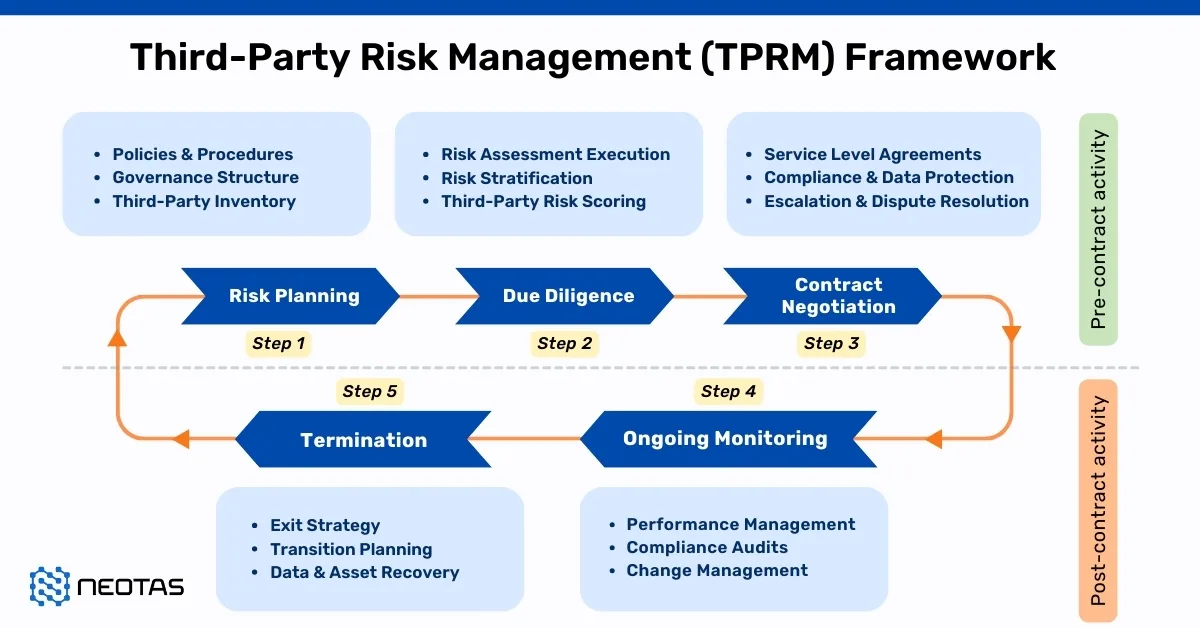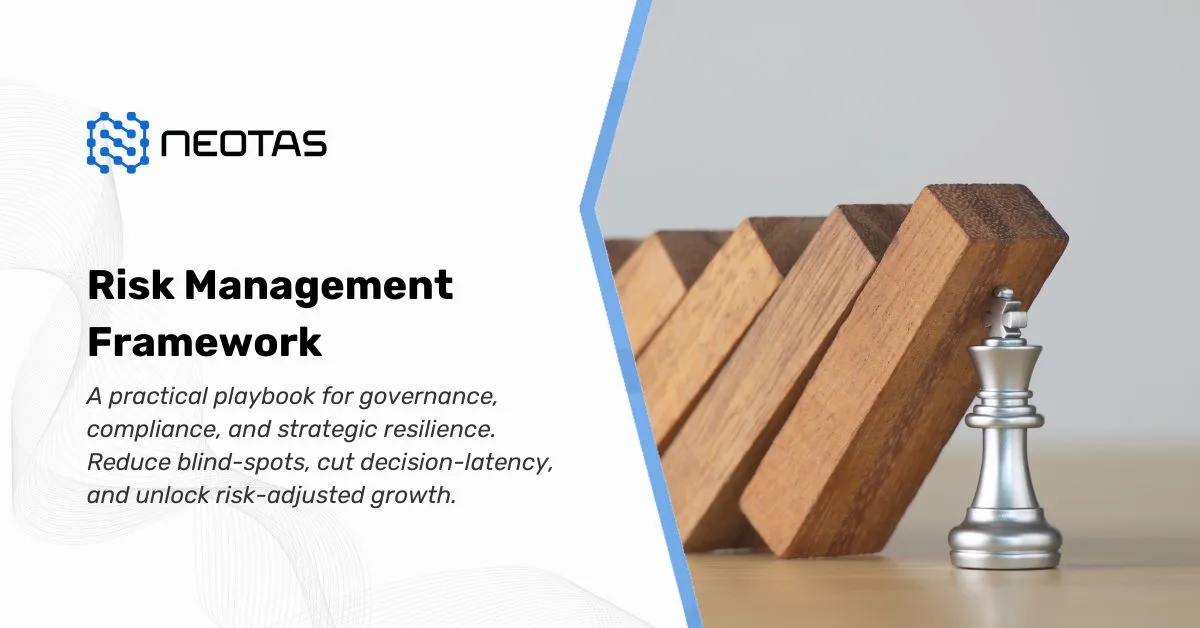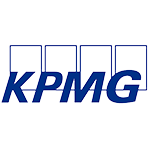Why Corporate Background Checks Could Be The Key To Building Company Culture:
Armstrong Wolfe Conduct & Culture Summit
In April this year, Armstrong Wolfe held their Conduct & Culture Summit, inviting senior executives from global organisations to discuss and learn about conduct and culture. The summit featured a host of senior figures from international firms, industry experts, academic leaders and more.
The core message of the three day event was how to build, sustain and nurture a prosperous culture within an organisation, while navigating the everyday challenges of running a business. With panels discussing leadership, threat management and governance issues, the event was undoubtedly a valuable learning experience for those in leadership roles.
But what is culture? Why is it important for businesses? Let’s take a look.
How do you define culture?
We define culture as the way things get done on a day-to-day basis. It’s the heart of the business, the connection of the employees to the work and to their team members, it’s the management structure and much more.
It would be easy to dismiss it as an intangible, especially in industries that are so reliant on data to make decisions. This couldn’t be further from the truth. While it may be difficult to measure emotion, staff satisfaction has clear and direct links to productivity, profitability and overall firm performance.
Why is culture important?
A study by LSE found a strong link between positive employee emotion and firm performance. Higher levels of employee satisfaction typically meant more productivity, meaning a higher overall performance for the firm and thus greater profits.
A similar report by the Harvard Business School describes the impact a positive and effective culture can have when measuring performance across an industry. The report suggests that having an effective culture can account for up to half the differential in performance between competing organisations. Staff wellbeing is a competitive edge.
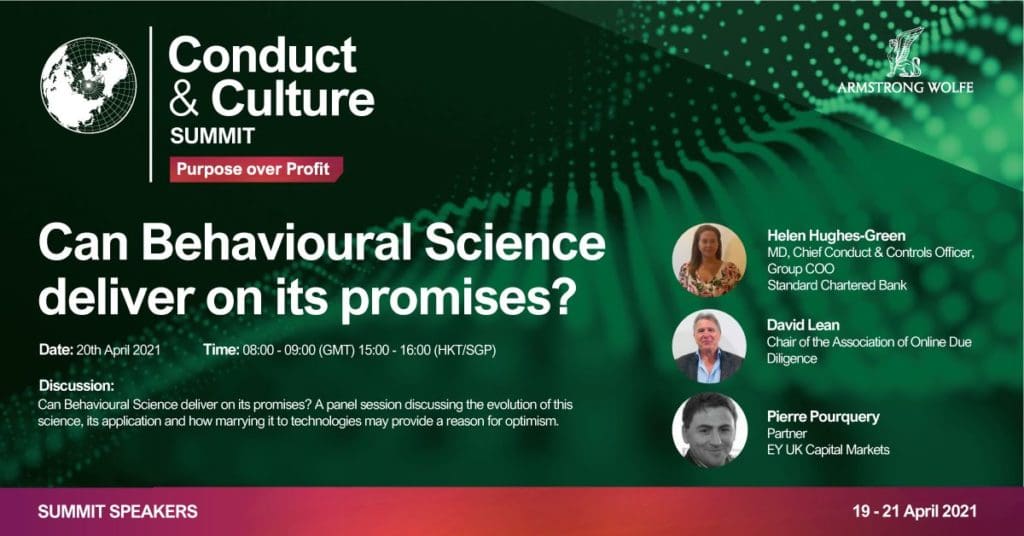
Understanding People Is The Key – Putting Behavioural Science To Work
At the Conduct & Culture Summit, David Lean, Chair of the Association of Online Due Diligence (AFODD) joined David Grosse of HSBC, Helen Hughes-Green of Standard Chartered Bank and Pierre Pourquery of EY UK Capital Markets to form a panel of experts. Their panel, hosted by Armstrong Wolfe’s Maurice Evlyn-Bufton, Maurice posed the question – “can behavioural science deliver on its promises?”.
One of the core takeaways, perhaps, was the importance of elevating character alongside competence. Valuing a person’s behaviour and attitude alongside their skillset and aptitude.
They asked – how can we learn from behavioural science to create thriving, positive cultures within our organisations? Are these practices being considered enough or is there still more to do?
There is certainly a case for applying these theories to business practices like recruitment, onboarding and on-going monitoring of workplace culture.
What is crucial when analysing behaviour is helping people not make assumptions based on a limited amount of information such as a CV or skills based questioning, or the small number of interactions you may have had with a candidate to date. The important question to ask is does that information acknowledge anything to do with this person’s behaviour or is it purely skills assessment or box ticking?
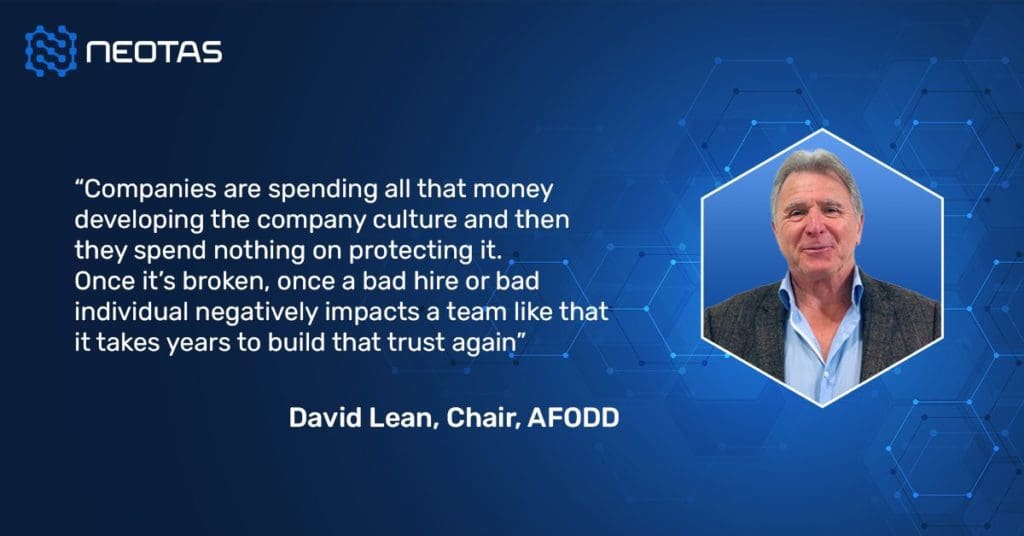
Building and Protecting Culture
Building, managing and maintaining a positive atmosphere is a delicate balance. While superficial staff benefits may foster short term positivity, long term solutions are needed to ensure productivity is high and staff turnover is low.
When it comes to your people, if you want to establish a proper culture you have to understand what makes people tick, then build around it.
Proactive management of this situation can come in many forms. Two of the most effective ways to nurture this position are:
- Recruitment and onboarding – effective screening of a candidate’s character as well as their competencies to ensure that they are a) fit for the role and b) fit for your organisation and existing team members
- Reviewing existing personnel and practices – regular, critical reviewing of current culture and leaders to ensure that a positive atmosphere is being developed and teams are at their most productive
Proactively addressing these issues and avoiding poor decision making are critical in nurturing this situation.
Proactive Culture Management – Recruiting People, Not CVs
There is no substitute for effective screening when it comes to recruitment and hiring the right people.
When you follow typical hiring practices, you may go to an agency, receive and review a shortlist, interview, run traditional corporate background checks, then you’ve narrowed it down.
On paper this person has the experience you were looking for, the skills to thrive in the role and looks like they have all the attributes to succeed. What you may not know is they have an explosive temper, they spend every evening sharing explicit content on the internet or boasting about doing drugs on the weekend. The person is not the cv and cannot be found in traditional background checks.
Existing teams and structures should also be considered in hiring decisions. Having invested time and resources into building a comfortable culture, the wrong new hire could be like a grenade to that space.
The impact of making a bad hiring decision isn’t restricted to just the costs associated with the recruitment, hiring and eventual removal of that individual. Loss of productivity, lack of leadership and staff turnover could all contribute significantly to financial and cultural damage within the organisation.
Enhanced screening of candidates including social media and online reputation screening will help inform decision makers with real world data. While we have established it’s difficult to quantify emotion, online data can now be used to interpret more of a person’s character by assessing it against real-world risk indicators: violence, anger, explicit content, discriminatory behaviour and more.
“Why is it that in existing corporate background checks, we only ever check new hires for the sort of behaviours that affect work? We don’t check for the sort of behaviours that affect culture and most industries don’t screen their existing staff” David Lean, Chair, AFODD
Proactive Culture Management – Internal Review
Consistent review of existing staff and practices is another tool to use to help build strong corporate culture. While making the wrong new hire could impact teams negatively, it’s important to consider internal risks as well.
If staff turnover is high, then look for the consistent piece of the puzzle. Is the leader of a team still there but his juniors are regularly leaving? LSE found that employee satisfaction to have a substantial positive correlation with customer loyalty and a substantial negative correlation with staff turnover. It’s easy to screen new staff but not always considered that the issue could be coming from within.
For industries regulated by the FCA, Senior Managers undergo scrutiny as part of the SMCR Fit & Proper Test. The annual test assesses whether senior managers are fit for their role and can include a review of their honesty and integrity.
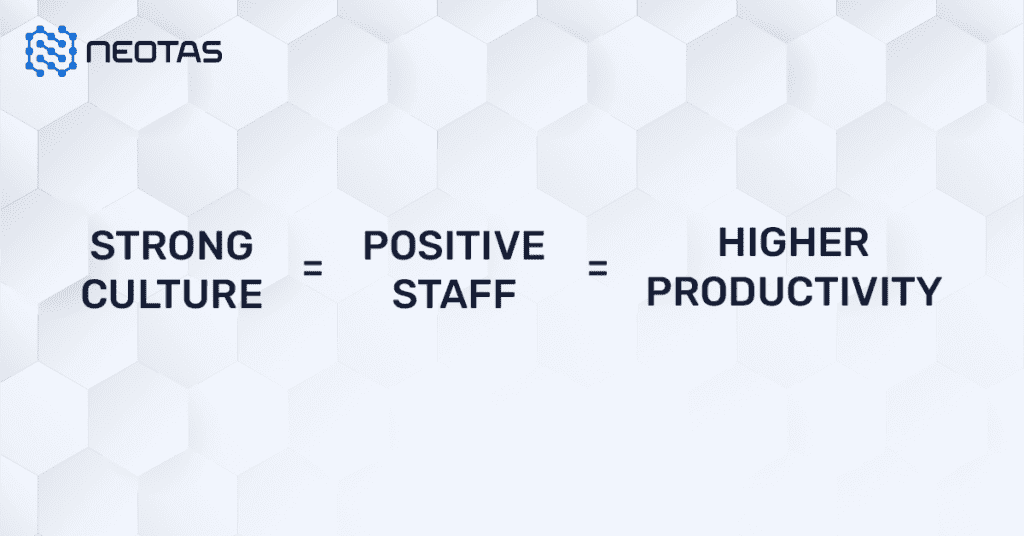
The Bottom Line – Using Resources Properly
Annually, firms spend millions to encourage workplace culture, often overhauling every few years to realign to company beliefs or correct the damage of a bad decision. What if that money could be saved? What if we could stop the rot from the inside out?
Using what we can learn from behavioural science could play a crucial role in halting this cycle. Understanding people and their suitability, not just skills and competencies will help inform good decision making.
For recruitment, effective screening using all of the data available will lower the risks of a bad hire and the negative repercussions that come with it. In this case, the potential momentum that is lost for internal teams is just as significant as the person who comes in and destroys it. The bad egg will be removed eventually but it’s hard then to build a sense of calm and unity in a team that may have faced significant disruption.
When it comes to screening internal teams, it’s easy to see how this principle could be extended to other industries beyond financial services. Firms regularly reviewing senior management are more likely to spot opportunities to optimise organisational structures and minimise threats before they are damaging.
If you would like to discuss online reputation screening, corporate background checks or senior management screening with our team, please schedule a call here.
Neotas Social Media Background Checks
With Neotas, you get a holistic view, uncovering hidden risks, and ensuring compliance. We navigate cultural nuances and evolving trends, providing you with invaluable insights.
Our cutting-edge AI based Social Media Checks and Social Media Screening solutions, backed by human expertise, ensures comprehensive and accurate screening with zero false positives.
Ready to experience the future of social media checks?
Schedule a call today and let’s revolutionize your social media checks together!
Related Content on Social Media Screening and Social Media Background Check
- Social Media Background Checks For Education Industry
- Social Media Check For Teachers
- Social Media check for Lawyers and other legal professionals
- Social Media Check for doctors and healthcare specialists
- Social Media Check for Police Officers
- How Social Media Screening Benefits Our Clients
- AI-Based Social Media Checks Without Human Intervention
- The Truth About Social Media Screening And GDPR
- How GDPR and FCRA Apply to Social Media Background Checks — The Do’s and Don’ts of Social Media Background Checks for Employers
- Social Media Screening Webinar — Vero Screening X Neotas
- Neotas Online & Social Media Screening Video
Tags: Background Checks, Social Media Checks, Social Media Screening, Pre-Employment Screening, Online Screening, Social Media Check

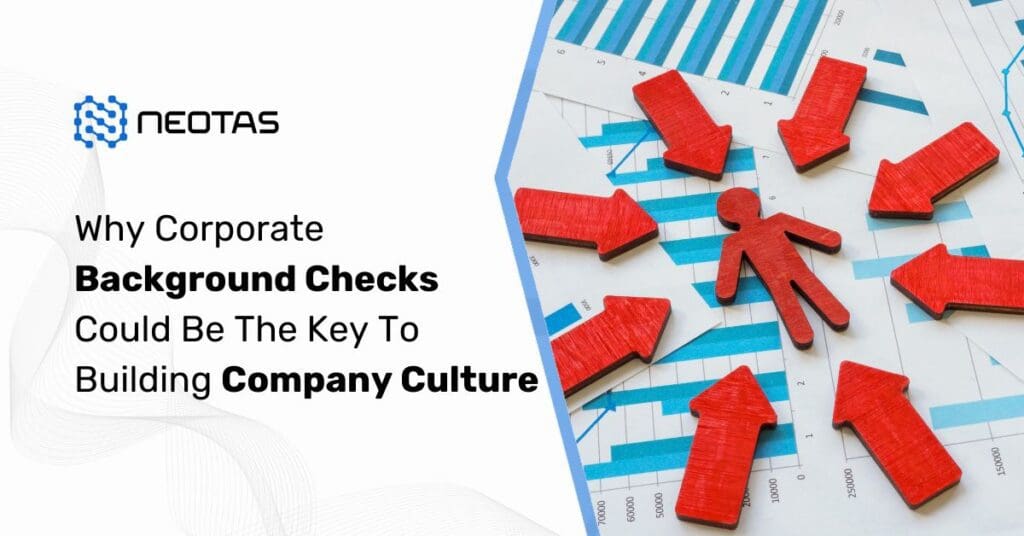

 New Whitepaper and Checklist
New Whitepaper and Checklist